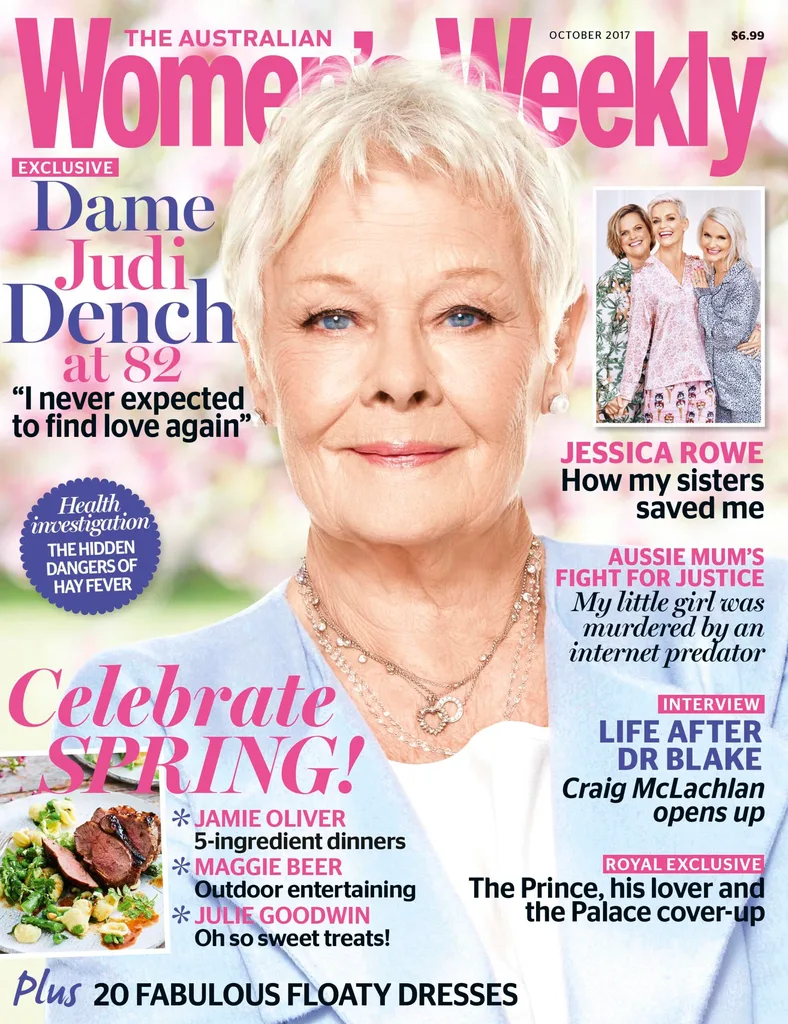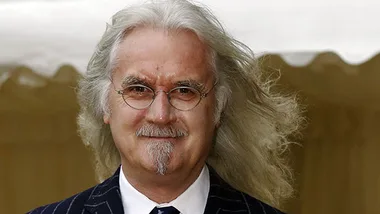Lauren Bellert was three months pregnant with twins, when tragedy struck.
An aneurysm ruptured in her husband Michael’s brain, leaving him unable to walk or talk, in need of around-the-clock care.
As Lauren kept vigil by Michael’s hospital bed, their babies kept growing. “I used to put his hand on my tummy so he could feel them kicking,” Lauren tells the October issue of The Australian Women’s Weekly, on sale now.
“He’d open his eyes but I didn’t even know if he knew who I was. It was the vacant look in his eyes. Now I can see the twinkle in his eye – I can tell exactly what he’s thinking just by looking at him – but before, I couldn’t get a reading at all.”
Michael had been in hospital for four months when his doctors decided that rehabilitation was unlikely and he would have to move into aged care. Lauren managed to organise basic rehab for him, but the nursing home environment was not conducive to getting better, she says.
Some of his fellow residents were three times his age, the staff wasn’t trained to deal with Michael’s needs, and he was left in bed much of the time. “They wouldn’t have had a clue if something was wrong with him,” says Lauren. “There was not enough staff or time.”
Around four years have passed now and, while many young men with dreadful injuries remain in aged care, Michael has found new hope in “supported housing” 10 minutes drive away from the family home. Here, he shares with three other men who have brain injuries.
With health notices and filing cabinets in the lounge room – and a carer on duty 24/7 – the place has a semi-institutional feel, but it’s much homier than the aged care facility.
In fact, says Lauren, Michael has made most of his progress since he moved out of there two years ago. “Him being more positive in his life has definitely given him reason to keep trying,” she says. “He’s more stimulated here, everyone knows everyone and it’s very sociable. That alone was a big improvement for Michael because he was such a social creature.”

These days, the girls love to visit Michael and go on “daddy rides” in his wheelchair in parks nearby. “There’s a lot of laughing,” says Lauren. “They’ll sit on his lap and I’ll put his arms around them and we’ll go for walks. They don’t question why he’s in a wheelchair or why he’s different. That’s just daddy. They just love him unconditionally.”
The family has had to face more than most – Lauren has been diagnosed with Parkinson’s disease, which means walking can be difficult and she suffers cramps and muscle contractions.
They have found new hope with Michael’s new home through Youngcare which provided a $20,000 Home Soon grant to buy equipment for his new place, including a hospital bed and ceiling hoist.
.jpg?fit=900%2C750)


